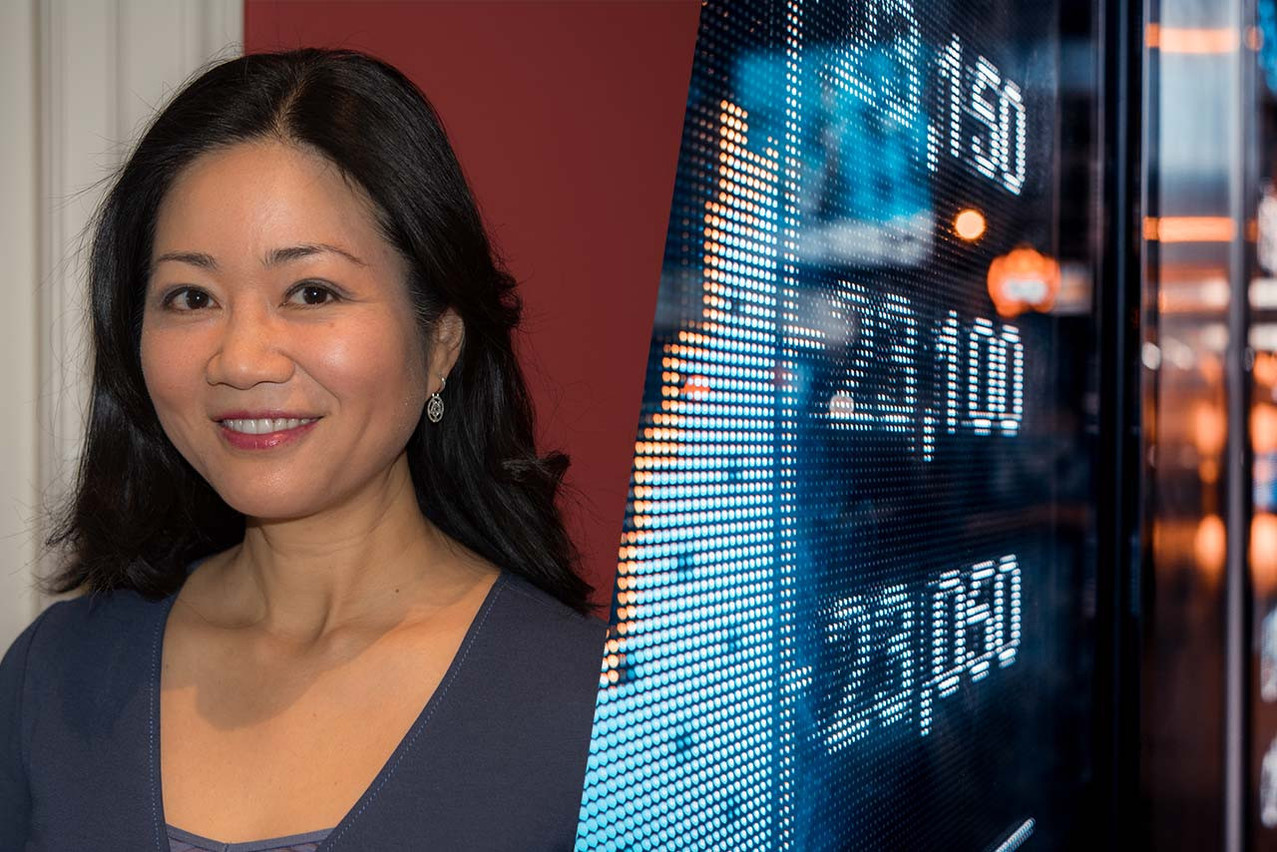Delano: What’s the subject of your talk?
Linda Yueh: I’ll be discussing how to spot the early signs of a crisis, drawing from my latest book, The Great Crashes: Lessons from Global Meltdowns and How to Prevent Them. I’ll cover the traits that have characterised financial crises for the past century and use those lessons to spot--and hopefully prevent--the next crash from dragging down the global economy and resulting in misery for millions of people. In my book and talk, I will cover the colourful stories of ten major great crashes, the mistakes made but also how some businesses managed to come out stronger.
On the subject of crashes and meltdowns: do you see any red flags right now?
I discuss in my book the importance of climate risk. Fortunately, despite the many crises we’ve had over the past few years, climate change continues to be important. This is seen in the focus on ESG (environment, social and governance) issues by investors and companies as well as by NGOs. My concern would be that actions towards net zero and preserving the planet move too slowly, which would increase the risk of a climate-related crisis with widespread economic impact.
What’s your perspective on the current investment outlook? What should individual investors be thinking about?
This year investors should focus on the opportunities with interest rates and the cost of capital beginning to come down whilst managing an array of risks. In this down part of the economic cycle, there’s always the risk of a financial accident, but all the more so this time because of the unusual combination of a recessionary environment with high interest rates, rather than the usual lower rates. Also, this year will see elections encompassing more than half of the world’s population so geo-economic risk abounds, by which I mean that geo-political alignments could impact economic policy such as foreign investments in the US, Europe, UK, India, to name a few. And finally, investors should be alert to another supply-side shock, for instance, disruptions to supply chains from the Red Sea. Another bout of inflation could derail the expected slowing of inflation and thus interest rates.
Most interesting economic trend that you’re observing at the moment?
I’d have to say technology. Not just because generative AI is a potential source of disruption but the way that it has begun to transform the ways that we work. This adoption of technology and changes in business practices has been the key to raising productivity and standards of living throughout history, so we could be in the midst of a transformation that could finally see the computer age that has been mooted for so long having an economic impact.
Any upcoming books or other projects on your horizon?
Thanks very much for kindly asking. I am currently working on another economic history book as well as a research project on managing geo-economic risk, that is, how should geo-economics be factored into policymaking and business as well as investment decisions.
